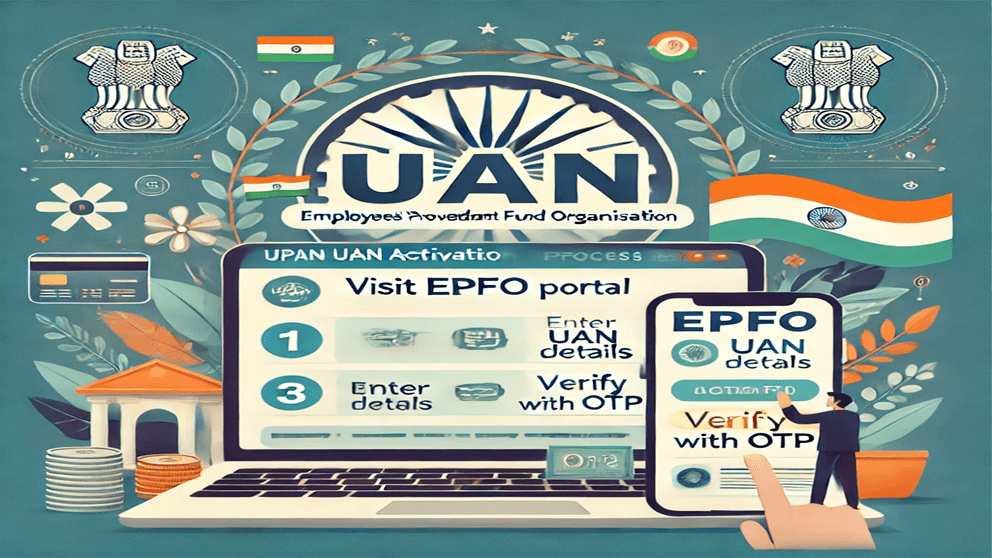
Introduction
Are you gearing up for a data-centric role at Tata Consultancy Services (TCS)? Excelling in the interview is crucial to landing a position at one of India’s premier IT companies. This guide dives deep into 50 key questions you might encounter, helping you to stand out in your TCS interview.
Understanding the Interview Structure at TCS
TCS interviews for data-based roles typically consist of several technical rounds followed by HR discussions. The technical interviews assess your analytical and problem-solving skills, while the HR interviews evaluate how well you align with TCS’s corporate culture.
Comprehensive List of TCS Data Interview Questions
Basic Concepts and Definitions
- What is the difference between data mining and data profiling?
- Can you explain what a data warehouse is and its importance?
- Describe what time-series analysis involves.
- Explain the concept of data normalization.
- What is data clustering, and why is it important?
Intermediate Technical Queries
- What methods do you use to prevent overfitting in a dataset?
- Discuss how you would use SQL to optimize database queries.
- Explain the difference between supervised and unsupervised learning.
- What is a neural network? How does it work?
- Describe how a decision tree is built.
- What are precision and recall?
- Explain different types of joins in SQL.
- How do you handle missing data in a dataset?
- What are the assumptions required for linear regression?
- Can you explain what regularization is and why it is useful?
- How would you optimize a slow SQL query?
- What is the purpose of cluster analysis? Explain how you would approach it.
- Describe the k-nearest neighbors algorithm and its applications.
- Explain the use of pivot tables in data analysis.
- How does logistic regression differ from linear regression?
Advanced Technical Questions for Experienced Candidates
- Discuss the Gradient Boosting algorithm and its benefits.
- What are the limitations of logistic regression?
- How do you ensure your model is not overfitting?
- Explain the concept of p-value in layman’s terms.
- What data visualization tools have you used, and which do you prefer?
- Describe a time you used predictive modeling to solve a business problem.
- What are ensemble techniques?
- How would you explain the importance of data cleaning to a stakeholder?
- What are the challenges you face while performing data analysis?
- Explain the term ‘Big Data’ and its relevance in today’s context.
- How do you evaluate a model’s performance?
- What is feature selection, and why is it important?
- Describe the role of data transformation in data mining.
- How would you deal with multi-collinearity in your model?
- What are anomaly detection techniques you are familiar with?
- Explain how A/B testing is conducted.
- What is the ROC curve, and what does it represent?
- Discuss the significance of model validation.
- What techniques do you use for data munging or data wrangling?
- How do you decide the number of clusters for a clustering algorithm?
HR Questions to Expect
- Why do you want to work at TCS?
- Tell us about a time you faced a challenge at work.
- What are your strengths and weaknesses as a data professional?
- How do you stay updated with the latest industry trends?
- Where do you see yourself in the next five years?
- How do you handle conflict in a team setting?
- What motivates you in your work?
- Describe your ideal work environment.
- How do you prioritize your tasks and projects?
- What do you think are the essential qualities of a successful team?
Preparation Tips
- Revise Basic Concepts: Ensure you have a solid understanding of fundamental data science concepts.
- Practice SQL Queries: Proficiency in SQL is essential for most data roles.
- Stay Informed: Keep up with new developments in data science and analytics.
- Mock Interviews: Simulate interview scenarios with peers or through online platforms.
- Prepare Questions: Demonstrating curiosity about the role and company shows genuine interest.
Concluding Advice
Thorough preparation for your TCS data role interview by reviewing these questions will significantly enhance your confidence and performance. Each question presents an opportunity to showcase your expertise and enthusiasm for the position. For in-depth answers to these questions, explore platforms like GeeksforGeeks and Towards Data Science. Arm yourself with knowledge, practice consistently, and you’re likely to achieve success.





